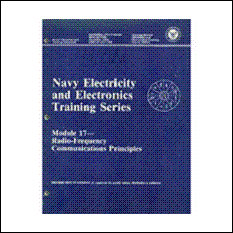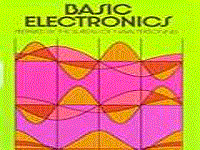Basic Electronic Formulas
Basic electronic formulas are included to aid you in solving electrical problems. These formulas are for capacitance, current, inductance, power, reactance, impedance, resistance, voltage, and transformers.
In order to perform simple to complex calculations in electronics you must know what formulas to use and how to apply them. Without this basic knowledge on how to perform these simple functions you will not be able to determine voltage, current, resistance, power and many other important factors related to electronics and electricity.
We will present a few of the basic formulas for capacitance in this tutorial.
Capacitance
The property of an electrical device to store energy is CAPACITANCE. This energy is stored in a way to oppose a change in voltage.
A CAPACITOR is used to store this electrical energy. The FARADis the basic unit of measurement of capacitance.
Basic electronic formulas for capacitance:

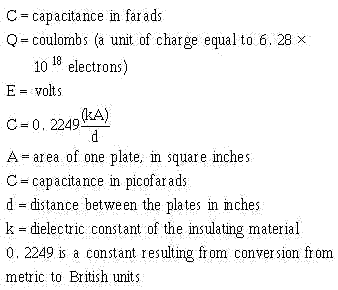
Common insulating materials for capacitors and their dielectric constant are:
MATERIAL and CONSTANT
Vacuum 1.0000
Air 1.0006
Paraffin paper 3.5
Glass 5 to 10
Mica 3 to 6
Rubber 2.5 to 35
Wood 2.5 to 8
Glycerine (15º C) 56
Petroleum 2
Pure Water 81
The
time to charge a capacitor to 63.2 percent of applied voltage or
discharge it to 36.8 percent of its initial voltage is known as the TIME
CONSTANT (t) of the circuit. The picture below shows an RC time
constant chart. One time constant (t) in seconds equals R × C, with R in
ohms and C in farads.
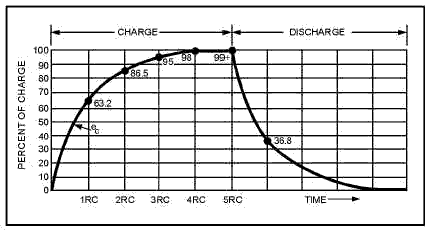
RC Time Constant Chart
The next picture is a universal time constant chart for RC and LR
circuits. One time constant (t) in seconds equals R × C, with R in ohms
and C in farads, or L/R with L in henries and R in ohms.
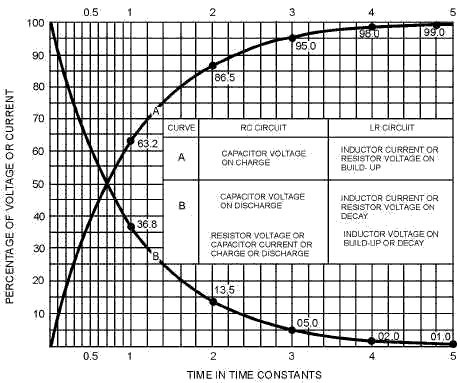
Time in time constants chart.
Adding capacitors in series:
If only two capacitors are used:

If more than two capacitors are used:
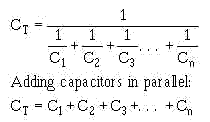
CAUTION
Capacitors retain an electrical charge. Be sure to
discharge all capacitors and circuits containing capacitors before
working on them.
Formulas for Current
Formulas for Inductance
Formulas for Power
Antenna Formulas and Resonance
Vacuum Tubes and Wavelength Formulas






